The River Seine, Paris's most iconic waterway, is no longer just for postcards and boat tours. For the first time since 1923, Parisians and visitors can swim legally in its waters, a remarkable revival that many see as the clearest legacy of the 2024 Olympic Games.
The line stretches from the gate all the way around the corner, at least 80 meters of locals and tourists chatting, laughing, and snapping photos. "There's nowhere else I'd rather be today," says Mathieu Roy, a 29-year-old graphic designer, still dripping from his morning swim. "Swimming near the heart of Paris, with the Eiffel Tower behind you — how can you top that?"
The Seine's reopening is a significant moment for the city, symbolizing both environmental progress and the public's longing to reconnect with this historic river. The river now hosts three official swimming zones: one near the Eiffel Tower, one close to Notre Dame Cathedral, and another in eastern Paris, at Bras Marie.
All three sites opened to the public on July 6, but Parisian weather had its own plans. After a few days of record crowds and plenty of first plunges, heavy rain hit the city. The downpour caused temporary sewage overflow, which briefly degraded the water quality. Officials then suspended swimming for a day to ensure public safety.
On the morning of July 10, as the sun reappeared, the city reopened all three spots. Swimmers poured back in, determined to reclaim their chance. Many had traveled far for the moment. One family, led by a Chinese-born Parisian nicknamed Fan Fan, turned out in force. "I've lived here more than 20 years," she said proudly, standing by the wooden dock with her children. "It's not every day you see history change. We had to come."
Others came from much farther away. Paulo Antonialli and Rachel Schroeder, a couple from Brazil, planned a Paris holiday for Rachel's birthday, and by chance, they arrived just in time to swim in the Seine's clean waters. "There's only one Paris, and only one Seine," Paulo laughed, as they inched closer to the front of the line, without caring the length of the queue.
On the river itself, the mood is part festival, part history lesson. Lifeguards patrol the edges of the cordoned-off sections, keeping watch over a crowd of swimmers, many wearing inflatable rings for safety. Some older locals prefer to wade in slowly, chatting with neighbors who they haven't seen since the days when swimming here was just a childhood memory.
Each of the three sites will remain open daily during the summer, with seasonal swimming hours and water quality checks every morning. The city has pledged that these new swimming spots will return every summer from now on, a new Paris tradition built on old memories.
The reopening is a milestone long in the making. For more than a century, the Seine was off-limits for swimmers due to industrial pollution and poor urban sewage systems. But Paris's Olympic bid brought political will and more than 1.4 billion euros ($1.63 billion) in investment to overhaul wastewater pipes, upgrade treatment plants, and reimagine how the city uses its river.
Not everyone believed it would succeed. The Guardian newspaper asked in October 2023: "Can Paris clean up the Seine in time for next year's Olympics?" For months before the 2024 Games, newspapers and satirists mocked the plan, with headlines warning about bacteria, heavy rain runoff, and the risk of an embarrassing "swim in sewage".
But when the Olympic triathlon and marathon swimming events took place as planned last year,
without any health issues, the city felt vindicated.
Marion Lefevre, a 41-year-old nurse who swam on July 6 at the Bras Marie site, summed up what many felt. "I never thought I'd see this in my lifetime," she said, smiling as she dried her hair. "Swimming in the Seine used to be something my grandparents talked about. Now it's real again."
The Seine stretches about 13 to 14 kilometers through Paris, but for now, only these three carefully monitored zones are open. But the message is clear: Paris's mother river belongs to Parisians again.
As the sun sets, the queues are still long. Locals and visitors alike dive in, shout to friends on the dock, and wave at sightseeing boats drifting past. A hundred years ago, the city had no choice but to ban people from swimming here. Now, they're back, and they're not letting go.






















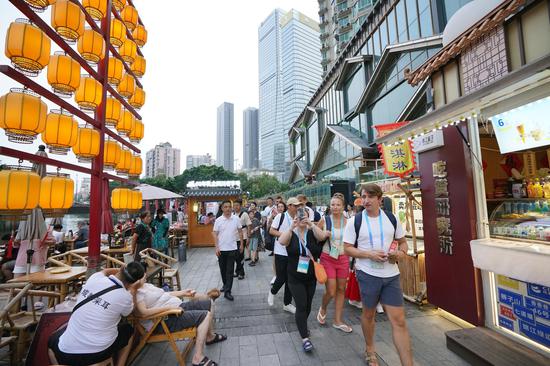

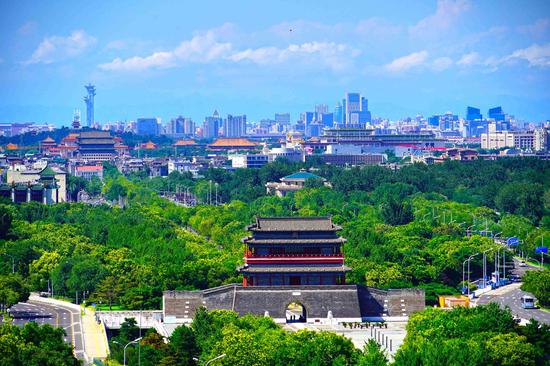
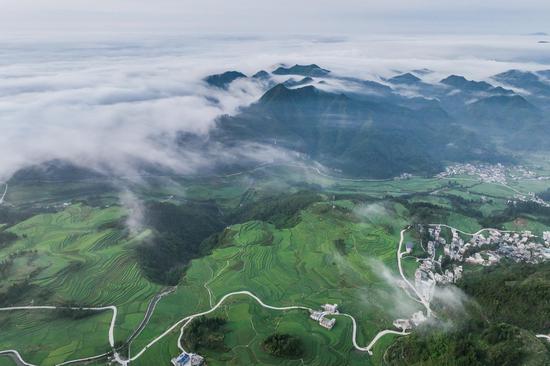
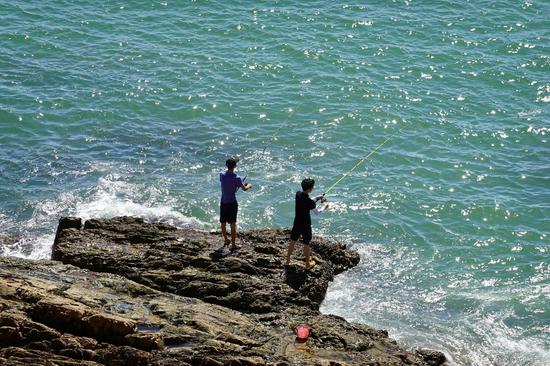
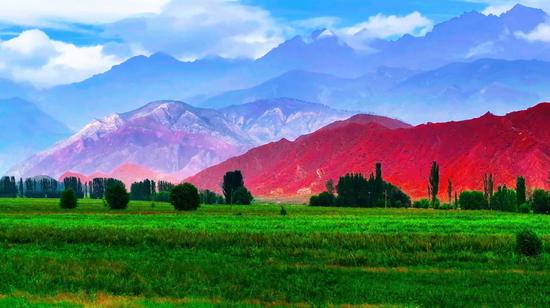

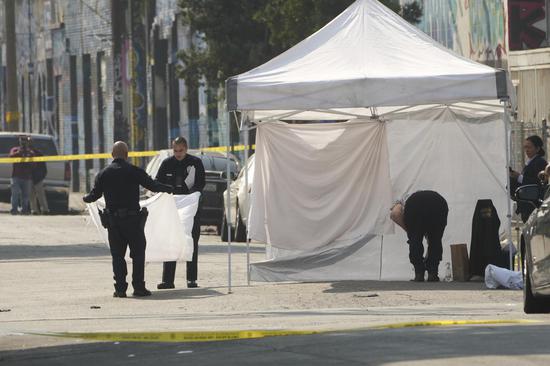


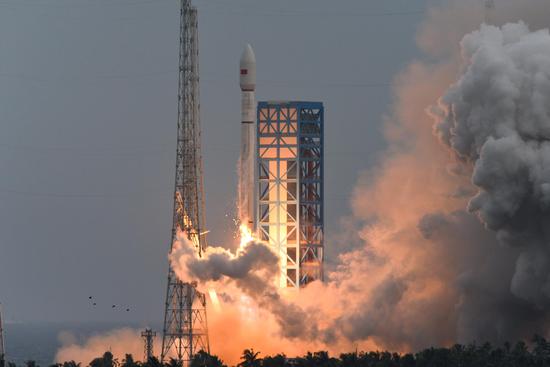

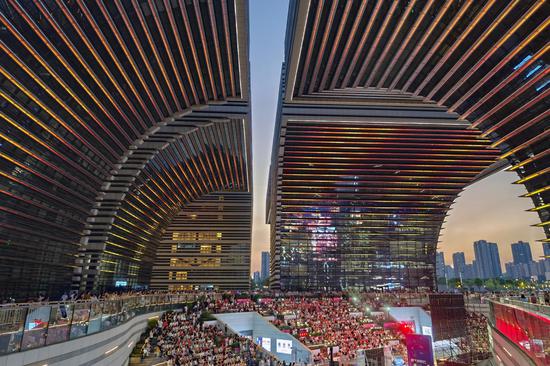
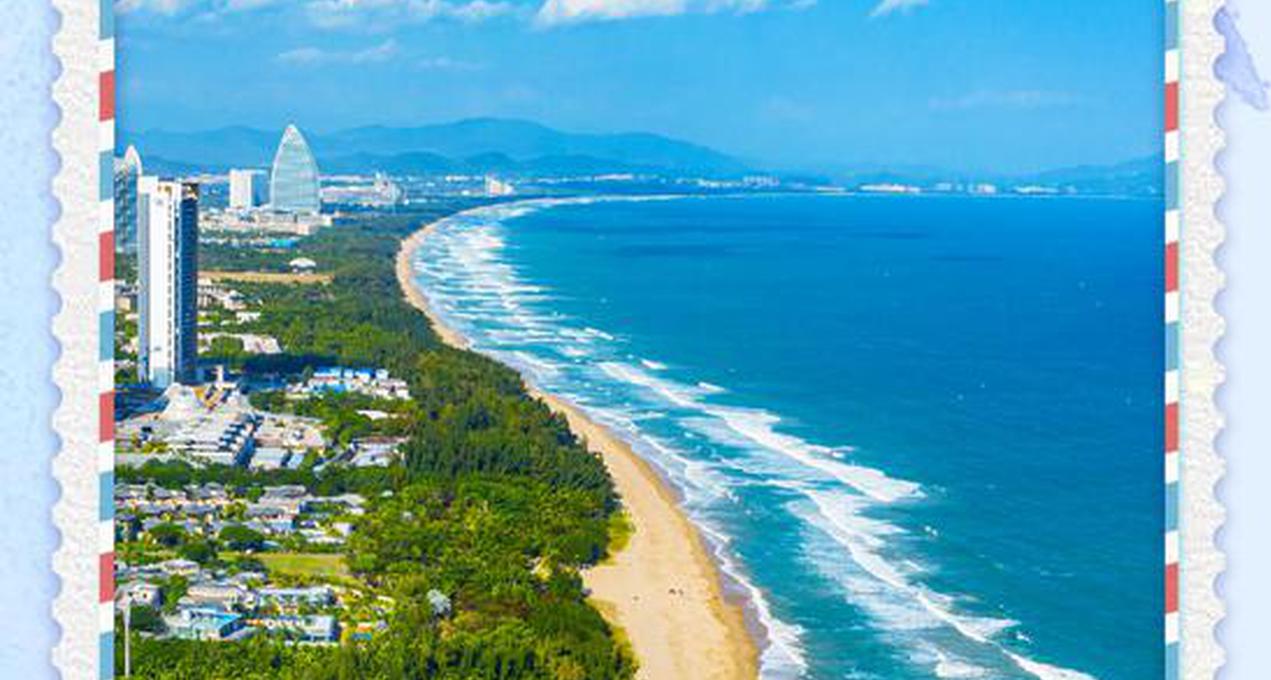


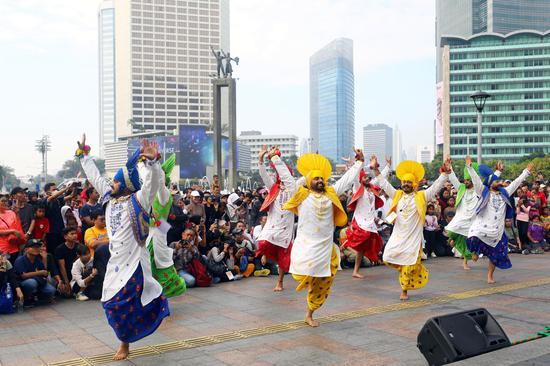
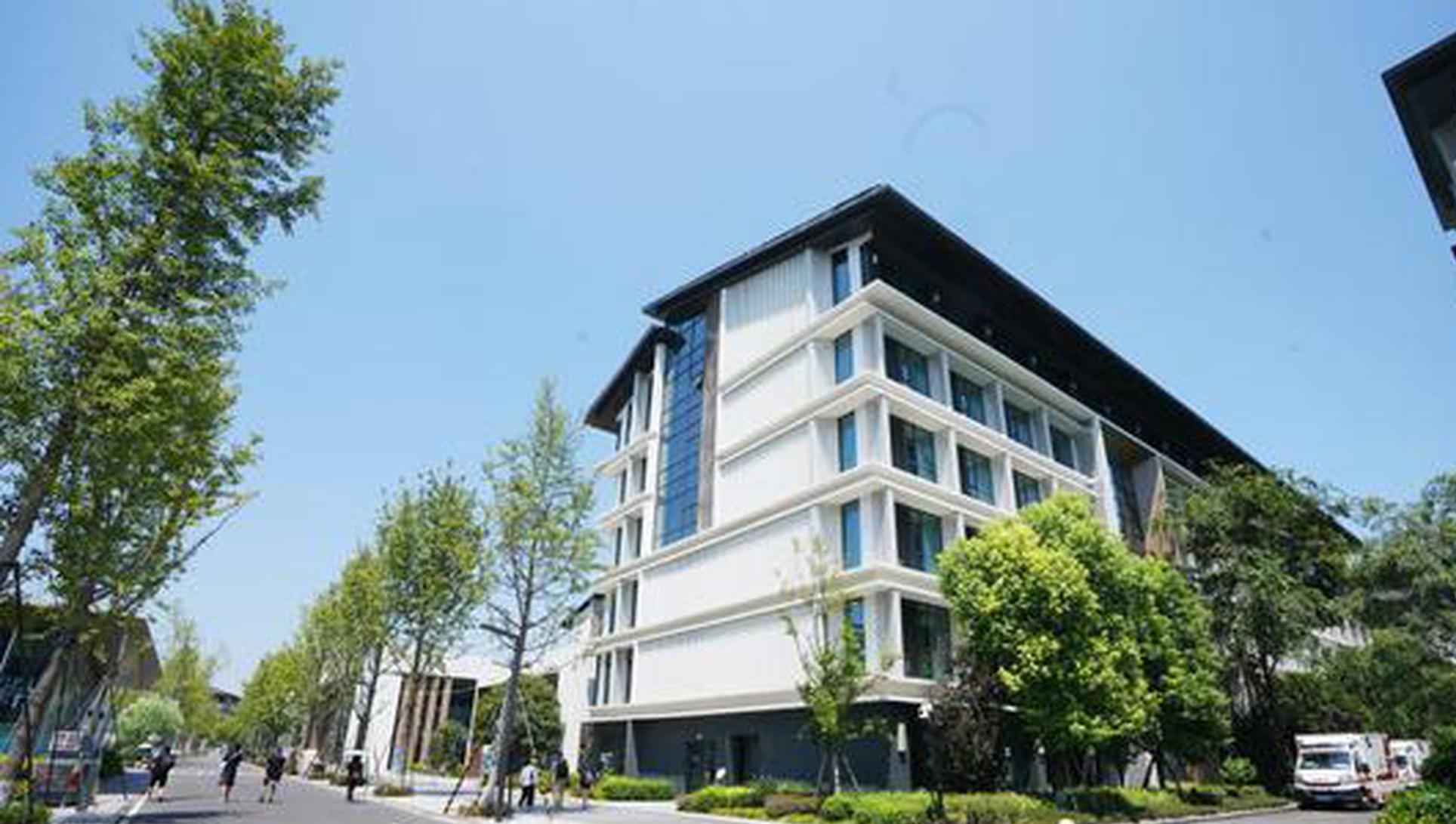
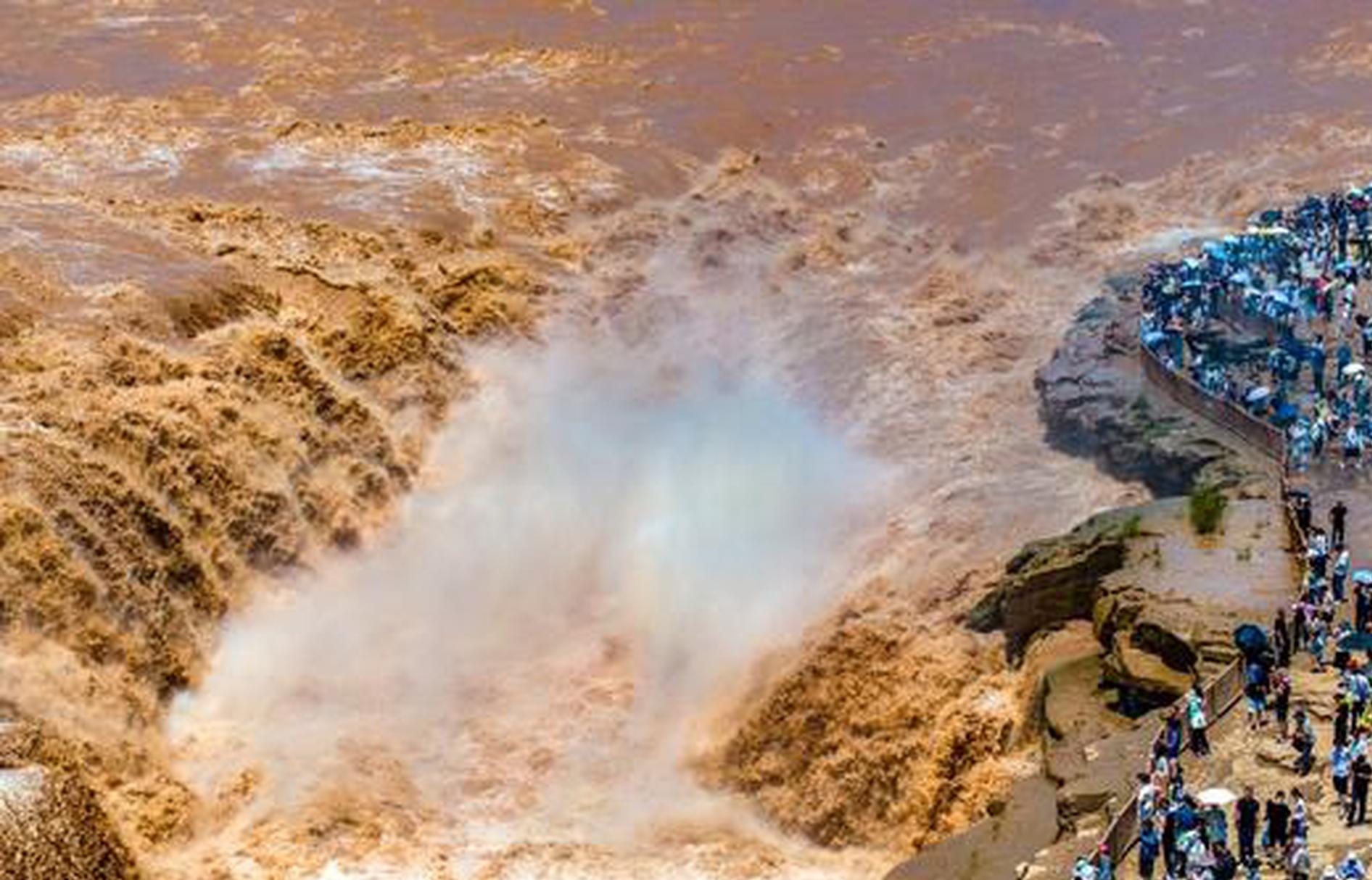
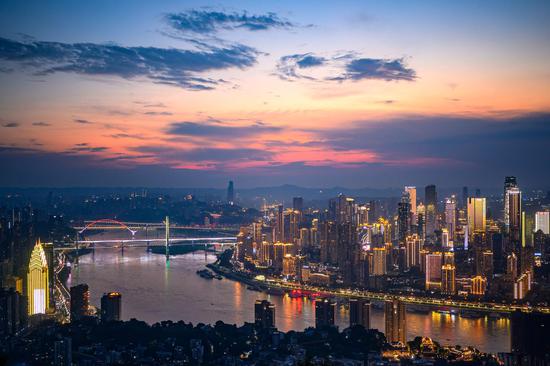
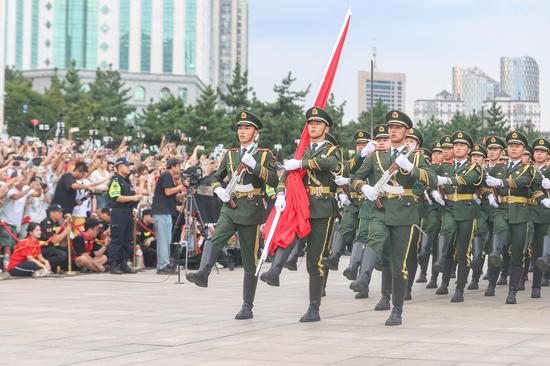

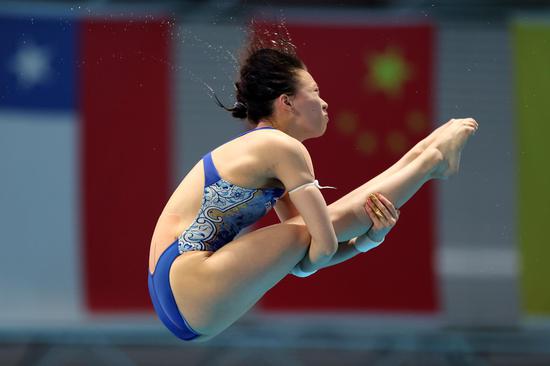





 京公网安备 11010202009201号
京公网安备 11010202009201号